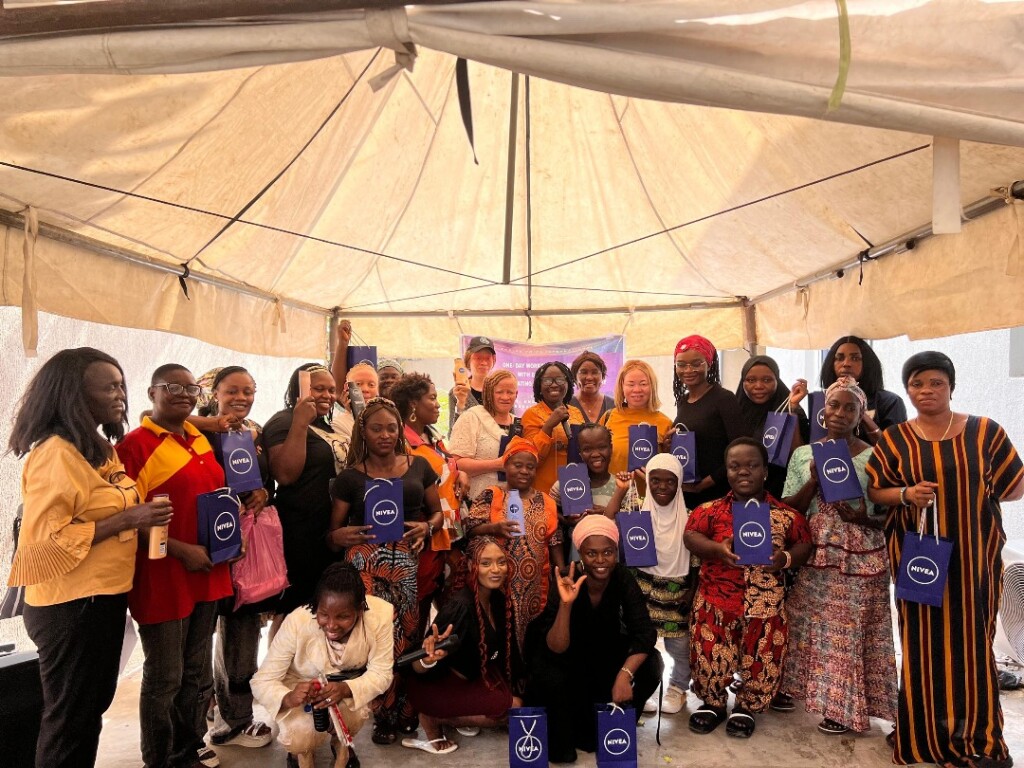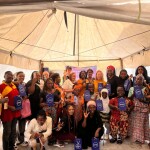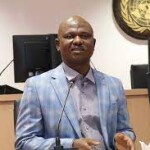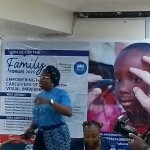Despite the Discrimination Act 2018 and the Sexual and Reproductive Health Rights Policy for Women and Girls with Disabilities, Nigerian women with disabilities (WWDs) must look out for themselves for healthy sexual and reproductive lives.
LASODA’s General Manager Adenike Oyetunde-Lawal, the Eagles Voice International for Disability Rights (EVIDR) founder Odusanya Kemi, and others agreed on the priority of self-protection in their addresses during the last International Women’s Day commemoration in Lagos. The EVIDR organized a March-13 version for WWDs, and themed it Self-Discovery: Understanding Your Sexual/Reproductive Health Rights.
“You determine when to say “No”, and your no is no. Not that after two weeks you give in, and you later want to prove abuse. The court is not a Father Christmas,” Adenike said.
Digging up the root cause of sexual and reproductive health abuse within and outside the home, Adenike urged the WWDs to earn a living. “That’s when you have control over your body and child-bearing,” she said. “If you make your own money as WWDs, no man will bring nay nonsense near you.”
The larger society, she noted, hardly bothers about PWDs, especially women. She also insisted disability laws can never make companies disability-compliant overnight in the design and construction of their so-called multi-million-dollar headquarters that leave out accessible toilets.
“I think we have come to the point PWDs will have to pee in the lobbies of those multinationals that have no accessible toilets for wheelchair users,” Adenike said. According to her, that is much easier to do than expecting LASODA to shut down business premises in enforcement of the state’s disability law, a route she said is expensive.
Oluwa Enitan Sophia, founder, the Natinee Empowerment for Sustainable Impact Initiative, told ER Adenike wasn’t exactly inciting PWDs to a pee protest. “The GM was only saying time has come for radical actions. If you don’t take drastic steps people will not change the disability narrative,” Enitan said.
She described most of the disability laws as “copy-and-paste and elitist”, and they lack the financial, political, and cultural context that can facilitate implementation. “The SRHR policy for WWD shouldn’t have even been separated from the main SRHR policy for all Nigerians—if there is true inclusion,” she said.
About SRHR laws and policies, Kemi said many WWDs aren’t aware of the provisions, and what rights the women have on their body. It is the effect of this ignorance and lack of awareness her organization has foreseen, and is out to tackle.
“If we don’t do it, the women will remain in their pigeonholes,” the founder said. Using the visions of the eagle and the pigeon as a metaphor, Kemi, who is also an official of the Nigerian Association of the Blind (Lagos), said being in a pigeonhole makes the WWDs complacent.
She advised the participants from different clusters, including the blind, the deaf, the little people, and the physical, not to feel alone. “Talk to somebody; come to the community of WWDs. We are ready to cooperate with you and others,” she said.
The event’s highpoint focused on the participants discussing practical steps like self-examination, cervical cancer and Hepatitis B vaccines, abortion, nutrition, fertility and assisted reproduction, and contraceptives.
Officials of the Resource Centre for the Blind which hosted the event also graced the occasion alongside LASODA’s boss Adenike and other resource persons.







